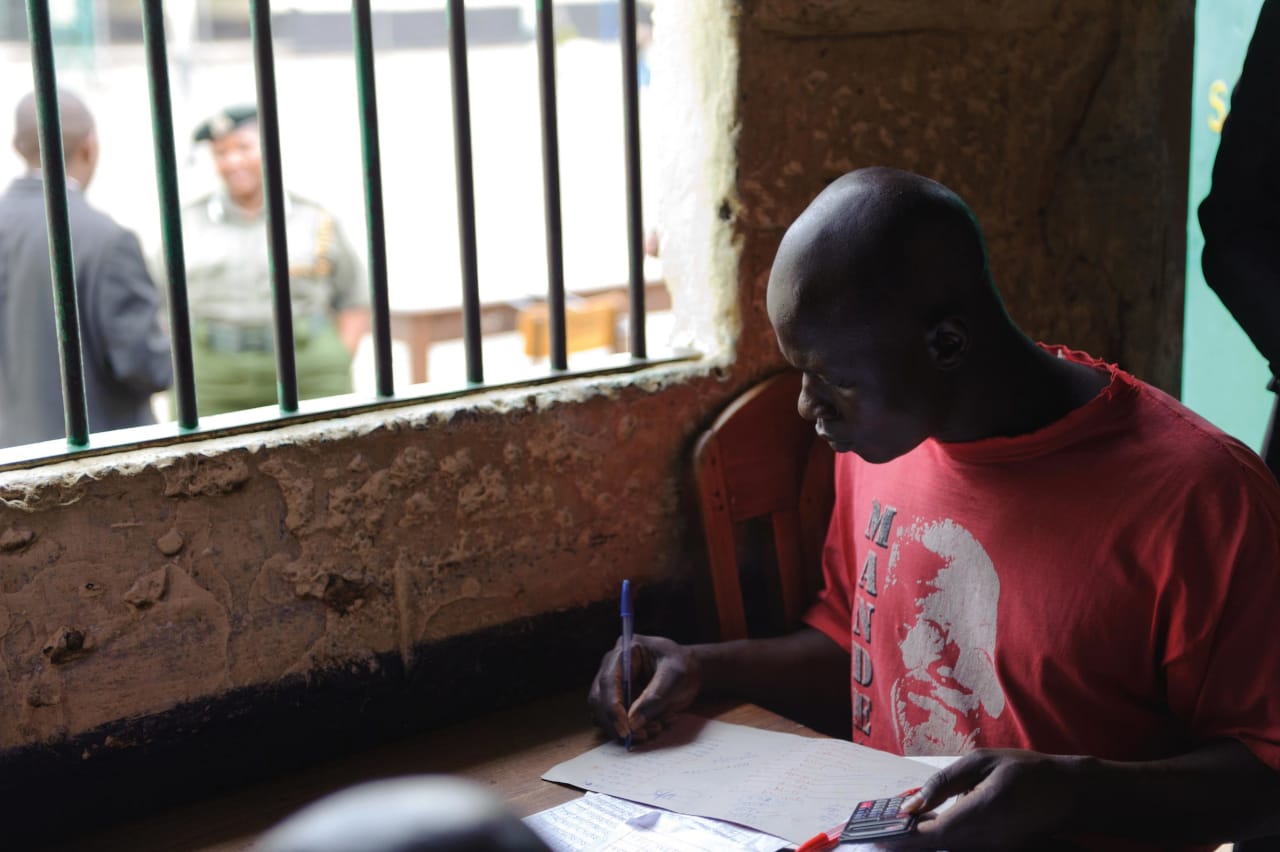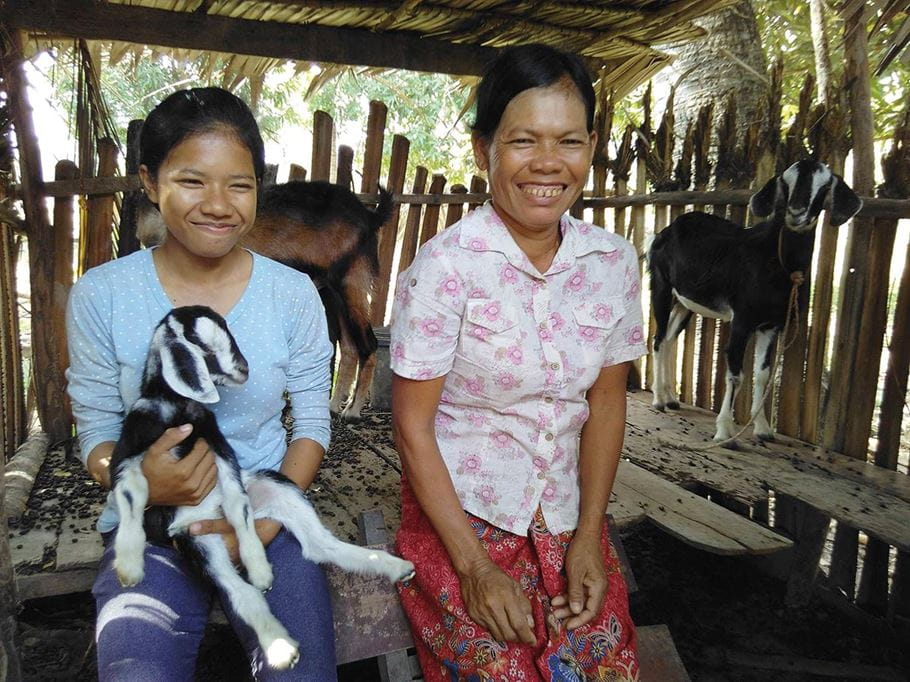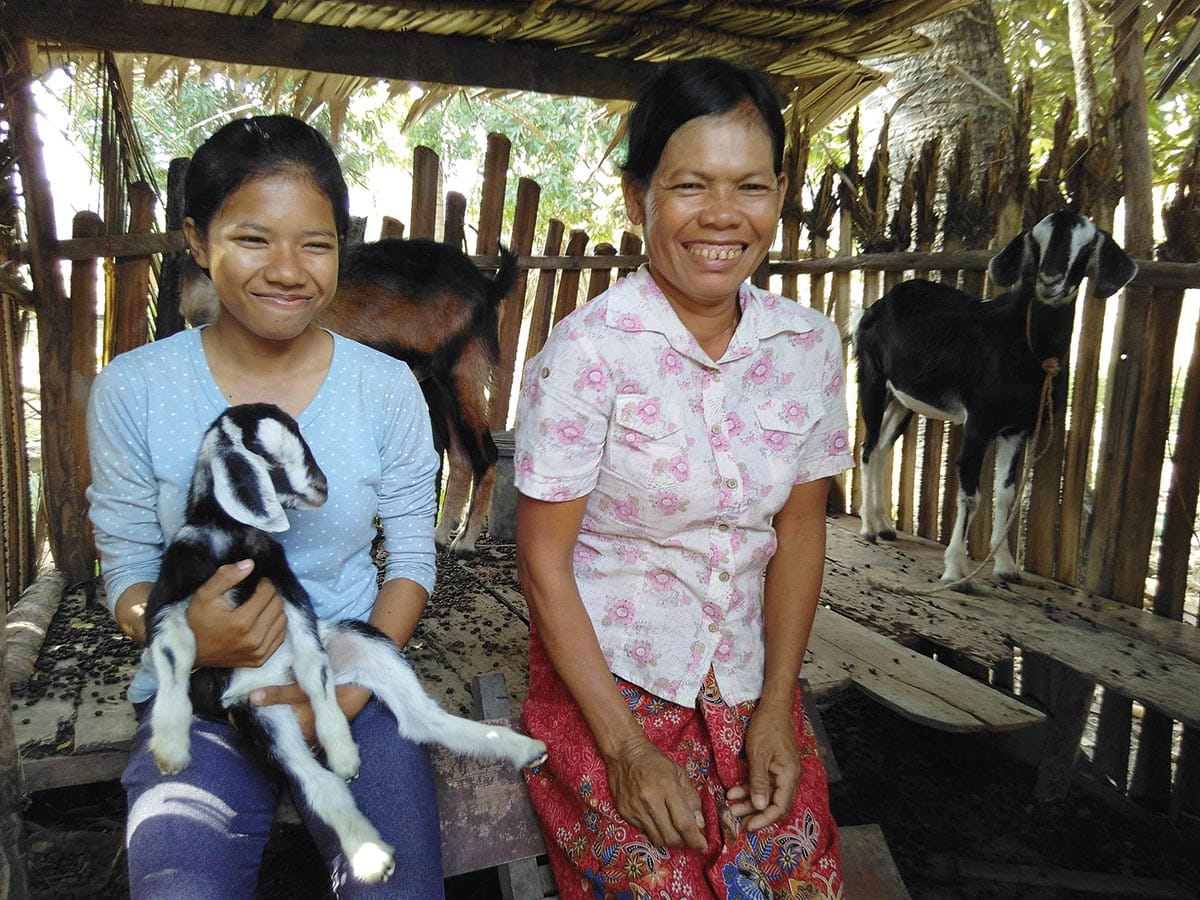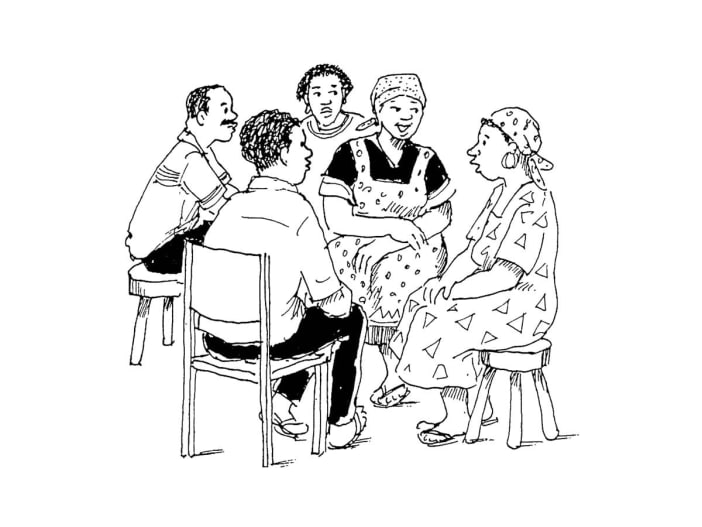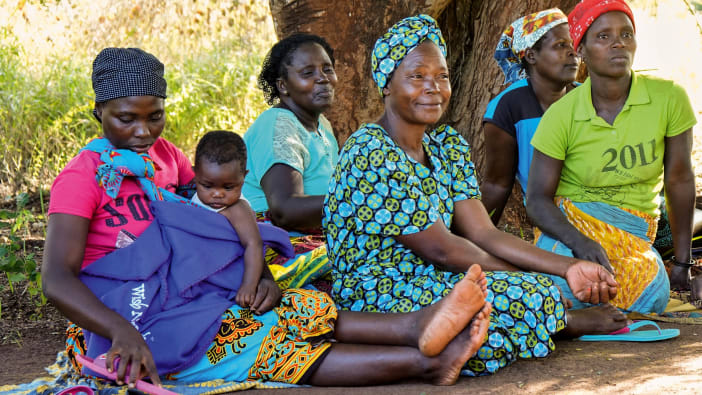With more than 22,000 prisons worldwide, containing more than 10 million people, crime is a social problem that devastates individuals, families and communities. And prison populations continue to grow.
Much research has been carried out into the question of why people turn to crime. Reasons vary across cultures and social contexts, but research suggests there is no single factor that influences criminal behaviour. Rather, it is the combination of multiple risk factors. These include growing up with abuse or violence in the home, untreated mental illnesses, and lower levels of income and education. In many low-income countries, poverty and unemployment push young people towards crime, particularly in poor districts of large cities.
Stephen, an ex-prisoner from the UK, says his father’s alcoholism and physical violence contributed to his choices that eventually led to crime. ‘I was brought up in an environment where there was not any love, and no investment in the children to perform academically,’ says Stephen. ‘We grew up in fear. Eventually, I started behaving like my father. I started drinking, which eventually led to drugs. I was 25 when I was caught with a substantial amount of heroin.’
The problem of punishment
Problems in prison and in our systems of punishment add to the issue of the growing prison population. These problems include poor living conditions in prisons, where malnutrition, disease and violence are common. In most countries, the rate of reoffending is as high as 50 per cent. Many legal systems are heavily over-burdened, as millions of prisoners are held in crowded, unhealthy conditions simply awaiting trial. In some cases, the length of the time spent in prison awaiting trial is longer than the potential maximum sentence for the crime. Without legal advice or money, many are imprisoned for civil matters, such as not repaying a debt, rather than for criminal offences.
Critics of today’s criminal justice systems argue that not enough is being done to meet the needs of both prisoners and crime victims. Justice systems tend to focus exclusively on the offenders’ lawbreaking, and the culture in prisons is often based on the threat of violence. Prisoners find that prison is a place to either endure or dominate until their release, rather than an environment where they can learn personal responsibility for their behaviour.
After living within this structure, prisoners often have great difficulty rejoining society when they are released. They may have few skills and little work experience, and their criminal convictions follow them around. When ex-offenders are left without acceptable, productive ways to live outside of prison, the cycle of crime and punishment repeats itself.
Prisoners’ families
Added to these issues is the psychological impact on prisoners and their families. Prisoners’ families may feel ashamed, and reject them to escape stigma. Wilson, a prisoner in Cartagena, Colombia, says things got so bad he wanted to end his life: ‘My family had abandoned me, and I felt worthless and hopeless.’
In many low-income countries, the impact of a father going to prison can be devastating to the family’s economic well-being. More than 14 million children worldwide have a parent in prison. These children are exposed to dangers such as poverty, violence and human trafficking. Many children of prisoners are malnourished, cannot afford educational fees for uniforms and books, or must drop out of school to help support their family.
Other children are abandoned altogether. Sometimes their remaining parent remarries and the children are not welcome in the new relationship. In other cases the remaining parent simply cannot handle the burden of caring for their children alone.
The shame and stigma attached to imprisonment drive families from their homes and communities. Isolated and with few options for earning an income, they fall into greater social and economic difficulties.
Ripples of hope
Despite the many problems listed above, there is hope for prisoners and their families. Many prison ministry groups are offering solutions, including restorative justice reforms (see What is restorative justice?), legal aid, health care and educational services. These help prisoners and their families to find emotional healing, grow in physical resilience and develop vocational skills. We are now seeing the growing effects of these services.


